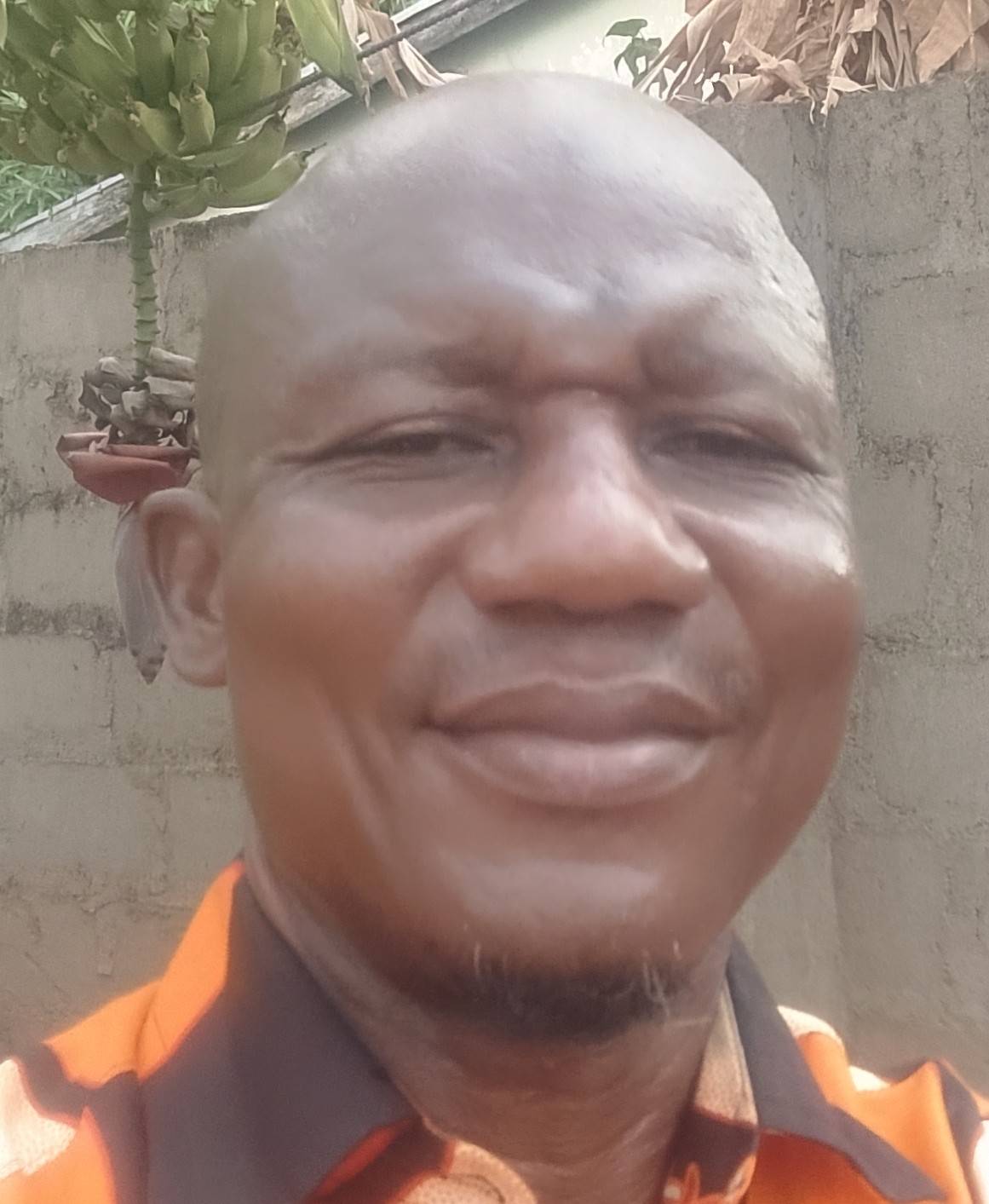ACAF Trains Journalists to Protect Academic Freedom
With a growingly changing world, academic freedom is under attack as never before. Having in mind the prime role that must be played by the media if this ultimate freedom is to be defended, the Association for the Custody of Academic Freedom (ACAF) has launched an on-going training program aimed at equipping journalists with the skills and facts they need to advance and defend academic freedom.
The academic freedom, the faculty which scholars must be permitted to teach, discuss, and seek knowledge without fear of repression, censorship, or reprisal, is the foundation of democratic states. Yet everywhere in the world, it is under attack from political interference, autocratic pressure, and growing intolerance. ACAF has therefore been keen in confronting this threat, believing that active and informed journalism can function as a frontline defense against these new threats.
The ACAF training program, "Journalism for Academic Freedom," offers an intensive course of study on the legal frameworks assuring academic rights, case studies of abuses, and investigative reporting methods. Participants learn skills to recognize threats to scholars and institutions, report on cases of vulnerable academic communities with sensitivity, and highlight the broader societal implications of academic repression.
At the heart of ACAF's mission is the belief that journalists, as storytellers and watchdogs, have a profound role to play in shaping public opinion and policy. "When academic freedom is under attack, it's not only scholars who are hurt — it's society at large," said Dr. Maya El-Tayeb, ACAF Executive Director. "Journalists can make the problems known, mobilize public opinion, and put pressure on authorities. Our training makes them fully equipped to assume this role."
The program emphasizes ethical reporting, and journalists are encouraged to report sensitive cases with dignity and integrity. The majority of the threatened scholars work under the most vulnerable conditions; erratic reporting could escalate the threats. During workshop exercises and role-playing, journalists learn how to deal with confidential sources, protect the identities of vulnerable subjects, and frame their stories to be most effective without harm.
One of the most important features of the training is that it is international in focus. While much of the discussion regarding academic freedom has so far been Western democracy-oriented, ACAF is firm in being global in orientation. Case studies from regions of the world such as the Middle East, East Asia, and Sub-Saharan Africa highlight the diverse issues that face academics — from state repression of opposition research to economic constraints on scientific research.
The first class of journalists, from a wide range of backgrounds — education reporters to investigative reporters — completed training earlier this year. Reception has been overwhelmingly positive. "Before this program, I saw academic freedom as an outlier issue," said participant Carlos Mendes, a Brazilian journalist. "Now I see how inextricably it is linked to broader battles for free expression, human rights, and democracy."
Fatima Noor from Kenya was another respondent who noticed, "The skills I learned not only improved my coverage of universities but encouraged me to think more critically about all issues of freedom and repression."
In the future, ACAF aims to expand on the program, with regional centers and an online presence to reach out to journalists not necessarily linked to the traditional training system. Journalism schools and media organizations are also being paired up, so that the principles of protection of academic freedom are embedded in the broader news reporting culture.
In a time when political coercion and disinformation threaten the autonomy of institutions worldwide, the role of journalists has never been more critical. Thanks to the efforts of ACAF, a new generation of journalists is now better equipped to safeguard the spaces where ideas are born, challenged, and honed — not only defending academics' rights but the future of well-informed, open societies.
---



No comments yet
Be the first to share your thoughts!